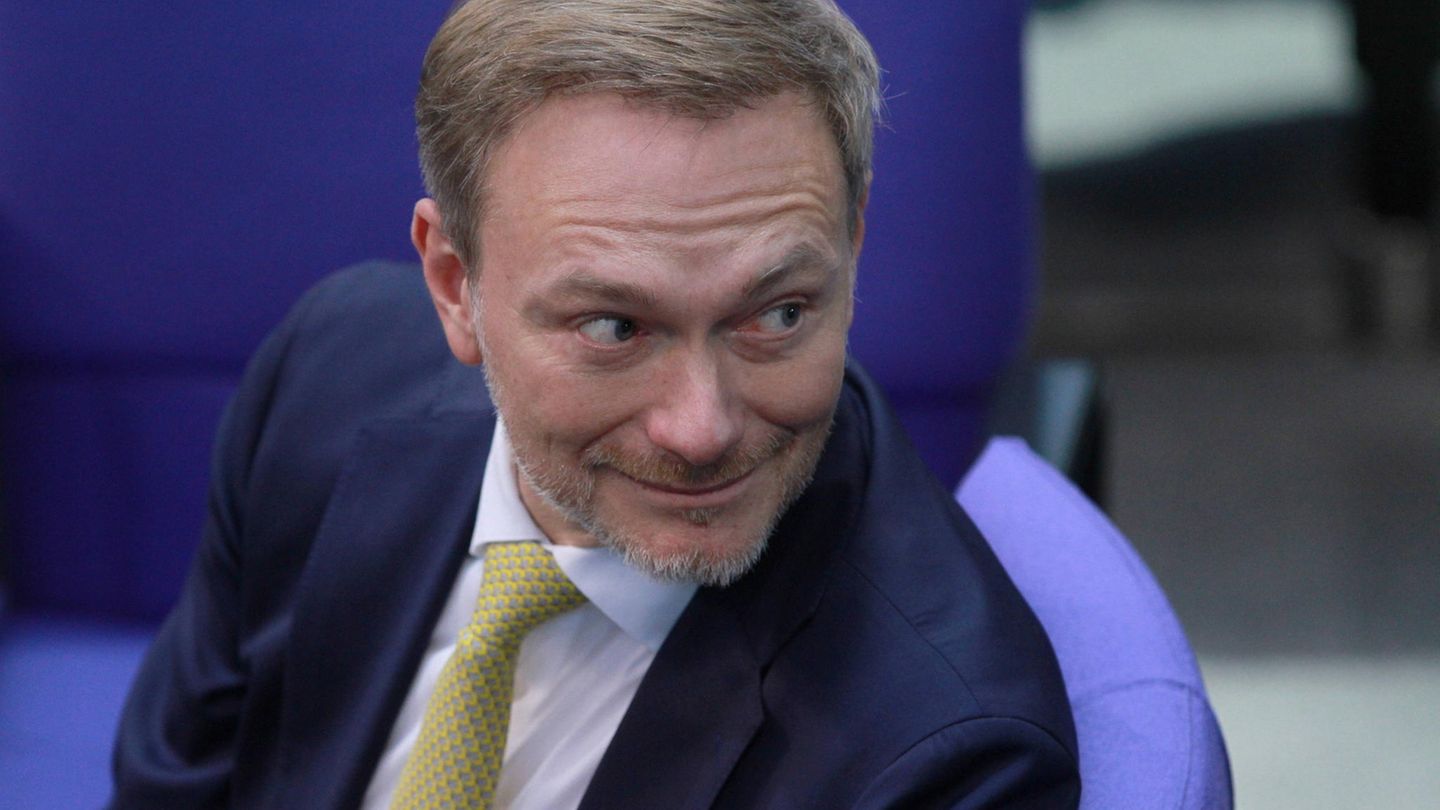column
Finance Minister Lindner has to save, cut, and cut back. But he doesn’t say it. His avoidance strategy is sometimes breathtaking.
Christian Lindner’s work is far too little appreciated. In general, finance ministers and FDP chairmen often live with this deficit. If someone is both at the same time, things are twice as hard. Here Lindner should be given recognition that he really deserves. Namely for the creativity with which he has avoided the word “save” and other nasty verbs since the Federal Constitutional Court’s ruling on the debt brake.
Lindner does not say that 17 billion euros need to be saved in the budget for 2024. He says “the need for action” is 17 billion euros. He doesn’t say cuts, but rather: “We will have to make more effective policies with less money.” He doesn’t say delete, but: “We will have to deal with three large cost blocks.” Or: “We’ll see how we can become more accurate.” Or: “There are numerous subsidies for which the question must be asked whether they actually meet their objectives or are not out of date.”
If Lindner does use the letter combination “spar” (and he is not talking about a coalition saver), then he only uses the despised syllable to get it out of the world – like recently when he talked about citizens’ money spoke: “For me it’s not primarily about savings for the state, but about justice.” OK, oh well! Lindner prepares citizens to save like a taxi driver who rushes towards a wall and reassures his passenger by saying that there is a tram stop right around the corner.
Obfuscating nonsense
Recently in the Bundestag, Lindner has outdone himself in his austerity. That was when he introduced a supplementary budget for 2023, which he would have liked to have… excuse me. First, perhaps to heighten the tension, he said a common financial policy statement: “We will redeploy on the spending side.” This formulation, actually below his level, might even have occurred to Olaf Scholz. But then – watch out, buckle up! – Lindner added something else: “In order to ensure that we realize future investments and important coalition projects, we will deprioritize other, traditional expenses that are no longer necessary today.”
Look. So deprioritize. Despite all the enthusiasm about Lindner’s linguistic wealth, you will have to pause here and shift your thoughts. The minister expressed himself in a way that dissolves the boundary between technical language that suggests expertise and gibberish that obscures inconveniences as completely as some of the shadow budgets of the traffic light after the Karlsruhe ruling. In other words: Anyone who speaks in such a pompous manner is suspected of taking their listeners for a fool.
When Christian Lindner was younger than he still is today, Gerhard Schröder said in his agenda speech: “We will have to cut state services, promote personal responsibility and demand more personal effort from each individual.” Then you knew where you stood. And Schröder kept his word until he was no longer chancellor two and a half years later.
Whether Lindner will still be finance minister in two and a half years seems open and friendly. But it is certainly not just the next budget, but also the way in which he talks about it that will determine whether enough voters do not deprioritize the FDP’s remaining in the Bundestag too much.
Source: Stern
I have been working in the news industry for over 6 years, first as a reporter and now as an editor. I have covered politics extensively, and my work has appeared in major newspapers and online news outlets around the world. In addition to my writing, I also contribute regularly to 24 Hours World.




